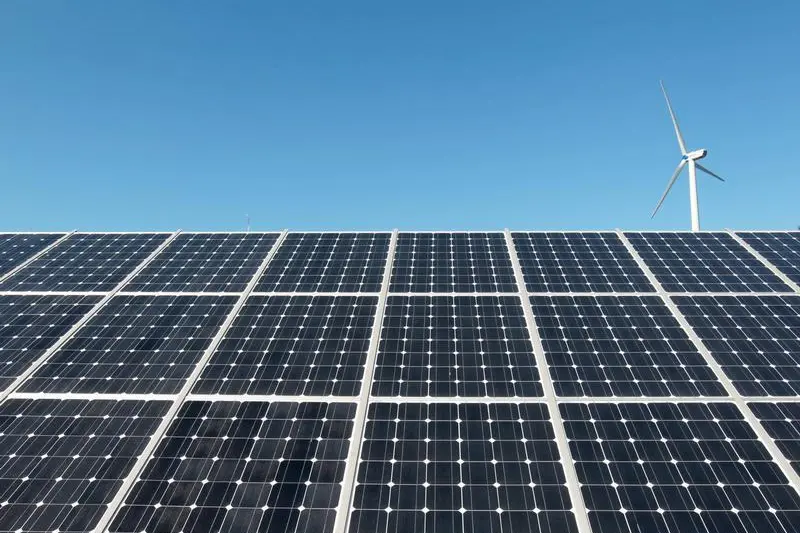PHOTO
Bahrain - All new buildings in Bahrain will have to be designed with solar energy panels in mind as part of a new policy, according to an official.
The policy will be in line with the Sustainable Energy Unit’s (SEU) renewable energy action plan.
The goal of the unit is to ensure that five per cent of Bahrain’s total energy consumption is met through renewables by 2025, increasing this to 10pc by 2035.
“The policy will require real estate developers to integrate renewable energy technologies into the designs of new buildings,” said SEU senior technical advisor Dr Khalid Burashid.
“Before they start work on the building, designers will have to account for a certain percentage of renewable energy to be incorporated within the building’s design.
“This is aimed at new buildings and real estate developers, the main incentive for the target group being to reduce the demand for energy for the building from the grid.
“This in turn will reduce their electricity bill.”
Dr Burashid was speaking to the GDN on the sidelines of the two-day International Conference on Green Cities, Sustainable Buildings and Renewable Energy, organised by Kingdom University.
The event was held under the patronage of Electricity and Water Affairs Minister Dr Abdulhussain Mirza at ART Rotana Hotel, Amwaj Islands in co-operation with the International Renewable Energy Network.
The conference was attended by a number of professional speakers from Bahrain, Britain, Italy, Romania and Malaysia, including Sudanese Urban Planning and Water Resources Minister Dr Babeker Ahmed.
The GDN previously reported Dr Mirza saying that the ministry was working on the development of renewable energy mandate for new buildings, which will make it mandatory for new buildings and real estate developments to integrate a certain percentage of renewable energy in the design of the building.
Heady
Dr Burashid said another policy discussed was to have all government buildings supplied with solar panels from the private sector.
The government will seek quotations from the private sector for the installation of the equipment which will help motivate the private sector to be involved in renewable energy.
Dr Burashid also discussed the net metering scheme which came into effect from January 1 and under which the Electricity and Water Authority (EWA) will no longer be the sole producer of power in the country.
Home-owners and others who are able to generate electricity through solar PV systems will not only be able to reduce their consumption of power from the grid, thereby reducing their bills, but also be able to charge the EWA for the excess electricity they produce by pumping it into the grid.
ghazi@gdn.com.bh
© Copyright 2018 www.gdnonline.com
Copyright 2018 Al Hilal Publishing and Marketing Group Provided by SyndiGate Media Inc. (Syndigate.info).





















